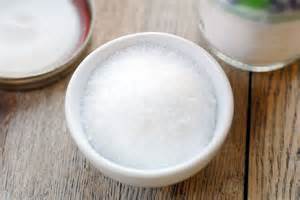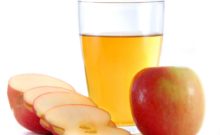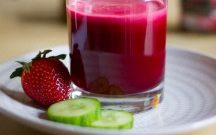 Some Substitutes Are Still Artificial – and Poison!
Some Substitutes Are Still Artificial – and Poison!
For those with a bit of a sweet tooth who want to live a healthier lifestyle, perhaps changing to an artificial sweetener has seemed like the only option. No matter how you sugarcoat it changing the wording on a package from artificial sweetener to ‘sugar substitute’ doesn’t’ change the fact that it is loaded full of chemicals that are foreign to the body. When you’re trying to live a healthy organic life, you do not want to add chemicals.
But, It’s Designed to Be Good – Right?
You would think that if someone took the time to design an artificial sweetener that it would be healthy. Especially since the target population for sugar substitutes are an already sick population. We should then be able to apply this thinking to all medicine on the shelf. Sadly, we all know this is not the case. Artificial sweeteners are chemicals or natural derived, chemically laced sweeteners. They can go by many names and the names change and then remarketed as people become wise to a manufacturer’s schemes.
Don’t Be Fooled!
The marketing schemes are designed to keep you guessing! As soon as you figure out the terminology, something that seems new is on the shelf. They can get away with it because something as simple as having their product derived from sugar can then be marked as natural. Others try to make it more attractive by labeling it as “better for you” because it is calorie-free. In reality, they have twisted the truth. While the product may be calorie-free or natural, it is far from better for you or truly natural. Even though the FDA claims artificial sweeteners are safe, they note “in limited quantities”. The issue here is that most people are not exposed to limited quantities. Just like sugar, artificial sweetenersare creeping up everywhere. Read those labels!
An Artificial Sweetener by Any Another Name – Still Bad
You may recognize these familiar names – others you may not:
- Truvia: This is a mix of a natural sweetener, stevia, and the erythritol. While not the worst offender, erythritol is a sugar alcohol and can be very difficult for the body to digest. Some people have reported diarrhea, stomach upset, and headaches after even a small amount.
- Sucralose: AKA:Splenda: Studies have shown that itreduces the good bacteria needed for digestion and may interfere with your body’s natural ability to produce insulin. Not good! It can even affect some medications – Check with your doctor!
- Aspartame:AKA:Equal or NutraSweet: This is possibly the most popular artificial sweetener and is seemingly everywhere! You can find this in soft drinks, gum, yogurt, and processed foods. Some people reported an array of symptoms from digestive upset, dizziness, headaches, to fatigue, sleep disturbances, and even mood changes. Those with the genetic disorder, Phenylketonuria, (PKU), are warned to not use aspartame at all.
If your doctor has advised you to use an artificial sweetener for a medical reason, please do not stop using it based on our article. However, talk to your healthcare provider and ask questions. Educate yourself and know what you are using and why. Next week, we will highlight some sugar substitutes that are allnatural and safe. We will learn which ones are better than others, and why even some natural substitutes may not always be as good as they seem. Stay Tuned!
Applications & Resources
- Read more about what goes into artificial sweeteners at Global Healing Center
- Find out some healthier sugar substitutes from Laura Schwecherl
- Go to Womens Health Magazine for a quick slide show



